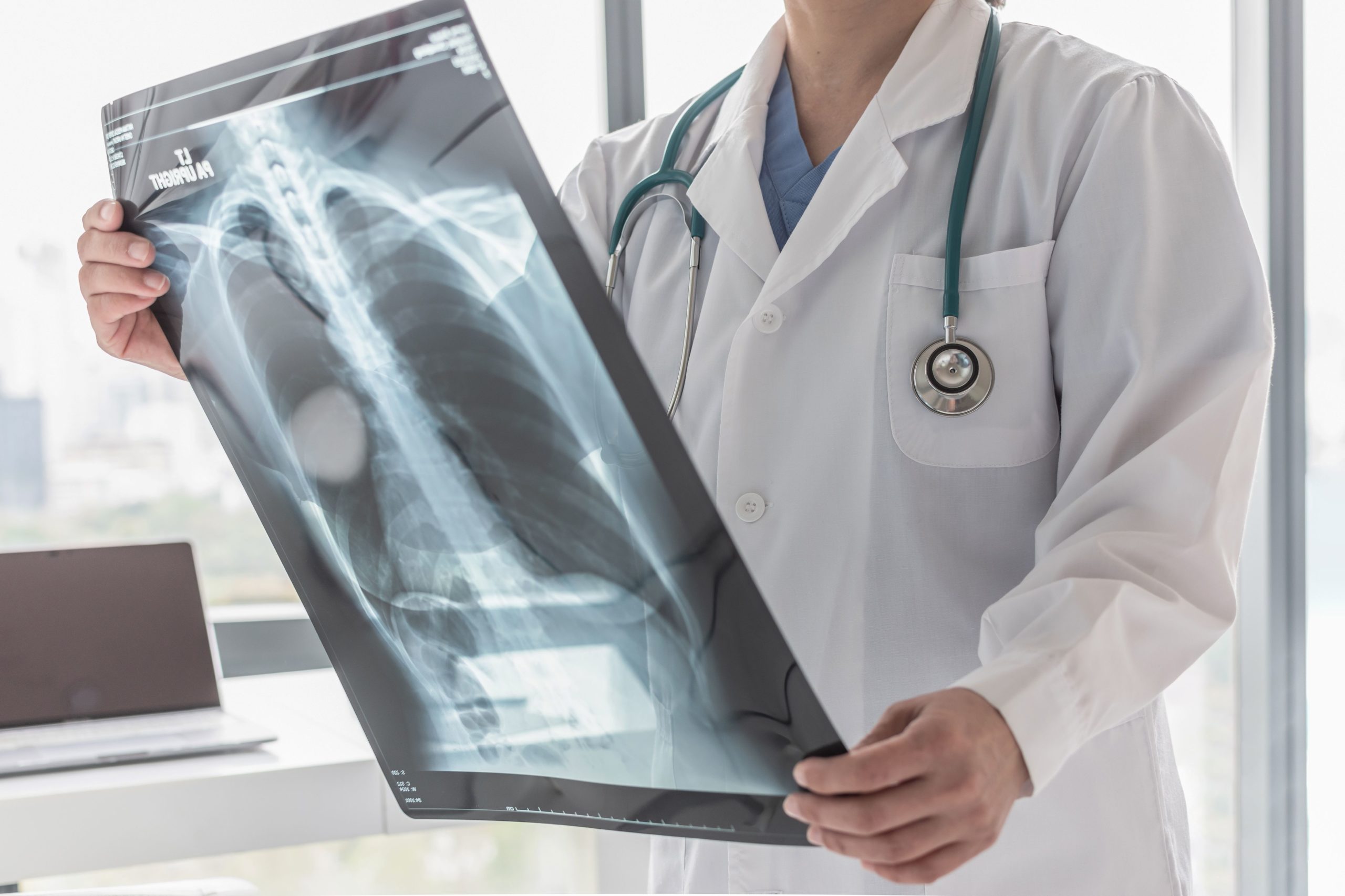Stephen Hasner | Personal Injury | December 16, 2020

Popcorn Lung is the colloquial name for bronchiolitis obliterans, a condition that damages small airways in the lungs resulting in coughing and difficulty breathing. The nickname popcorn lung stems from a chemical called diacetyl that was used to flavor microwave popcorn. The chemical is now known to damage the lungs when inhaled. However, other chemicals or illnesses can lead to popcorn lung.
Popcorn lung affects the bronchioles, the tiniest of thousands of airways in the lungs. Popcorn lung causes the bronchioles to become irritated and inflamed, most of the time leading to scarring that narrows the airways. As the bronchioles get narrow, it becomes more difficult to breathe.
While diacetyl has been removed from microwave popcorn, it is finding its way into our lungs via vaping. The chemical is often found in “e-juice” vaping products.
Unfortunately, damage from popcorn lung is irreversible, although treatments can help relieve some of the symptoms and stop the condition from progressing. In some cases, popcorn lung can be fatal if left untreated.
What Causes Popcorn Lung?
As mentioned, diacetyl is the primary culprit behind popcorn lung. The condition was first noticed among factory workers inhaling the chemical at a microwave popcorn plant. After workers began to exhibit symptoms of bronchiolitis obliterans, popcorn producers removed the ingredient from the mix. Unfortunately, the chemical has resurfaced in vaping products, although many e-cigarette producers claim they do not use it, and it is banned in Europe.
Another cause of popcorn lung is acetaldehyde, a chemical found in marijuana smoke and some vaping products. The chemical is also known to damage lining in the throat, mouth, and stomach.
Other chemicals that may cause popcorn lung when inhaled include:
- Metal oxide fume, commonly produce during welding
- Formaldehyde, a known carcinogen often found in building materials
- Sulfur mustard, commonly referred to as mustard gas
- Sulfur Dioxide
- Chlorine
- Ammonia
- Hydrochloric acid
- Nitrogen Oxide
Popcorn lung can occur in people who have or have had severe lung illnesses like pneumonia or bronchitis. In some cases, popcorn lung can be a side effect of rheumatoid arthritis.
Popcorn lung is also the leading cause of death in lung transplant patients. Popcorn lung may result when the body attempts to reject the transplant.
Diagnosis
Popcorn lung usually needs to be diagnosed using an X-ray, CT scan, or surgical lung biopsy, as the condition is often misdiagnosed as asthma, emphysema, or bronchitis. Your doctor may also want to conduct a pulmonary function test.
Symptoms
Popcorn lung symptoms are predominantly coughing and shortness of breath. Other side effects can include:
- Flu-like symptoms such as fever, sweating, and vomiting
- Sudden onset fatigue
- Unexplained weight loss
- Wheezing
- Irritation around the eyes, nose, mouth, or skin in general, if the condition is related to chemical exposure
Popcorn lung symptoms tend to show up within two weeks to two months of exposure to a toxic chemical or the onset of an illness. They will likely be more noticeable during exercise or hard labor. In the case of lung transplants, symptoms can take years to manifest.
Treatment
If caught early enough, popcorn lung can be treated and slowed, meaning the condition is liveable.
Treatment options include:
- Antibiotics or steroids to ease inflammation
- Immunosuppressant therapy to slow the body’s immune response
- Medication like prescription corticosteroids, cough suppressants, or bronchodilators to help with cough and to open the lungs’ airways
In severe cases, oxygen supplementation may be necessary.
The Takeaway
Damage from popcorn lung is irreversible. The best way to prevent the condition is to limit contact with chemicals known to cause it.
If you are experiencing symptoms of popcorn lung, contact your doctor immediately. If you catch it early, you will have more options for treatment. And, if you suspect that your case of popcorn lung is the consequence of a product defect or exposure in the workplace, call a lawyer. You may have a valid claim for damages on your hands.
Contact the Atlanta Personal Injury Lawyers at Hasner Law PC For Help
For more information, please contact the Atlanta personal injury lawyers with Hasner Law P.C. at our nearest location to schedule a free consultation today.
We serve in Fulton County, Chatham County, and its surrounding areas:
Hasner Law PC – Atlanta Law Office
2839 Paces Ferry Rd SE #1050
Atlanta, GA 30339
(678) 888-4878
Hasner Law PC – Savannah Law Office
221 W York St
Savannah, GA 31401
(912) 234-2334


